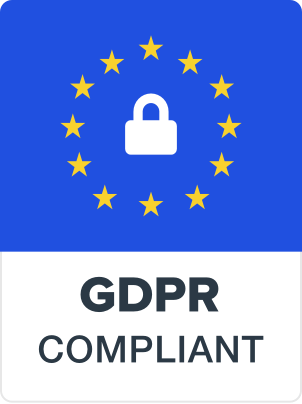Streamlining Oil and Gas Inspections: Introducing the Revolutionary Inspection App

July 12 , 2023
In the fast-paced world of oil and gas, efficiency and safety are the most important. Traditional inspecting methods can be time-consuming and prone to mistakes, which can cause costly delays and risks. On the other hand, a unique audit (iOS) app made just for the oil and gas industry has changed the game.
This blog will discuss the oil and gas business’s rules/laws and risks. Last, we’ll talk about the benefits of this groundbreaking inspection (Android) app, transforming how you can perform inspections in the oil and gas business.
Strict Rules About Quality Compliance In Oil And Gas Maintenance In The UK
In the UK, there are several rules and codes that oil and gas maintenance operations must follow to stay safe and up to code. Here are some of the most essential rules and codes for oil and gas repair in the UK:
Health and Safety Executive (HSE)
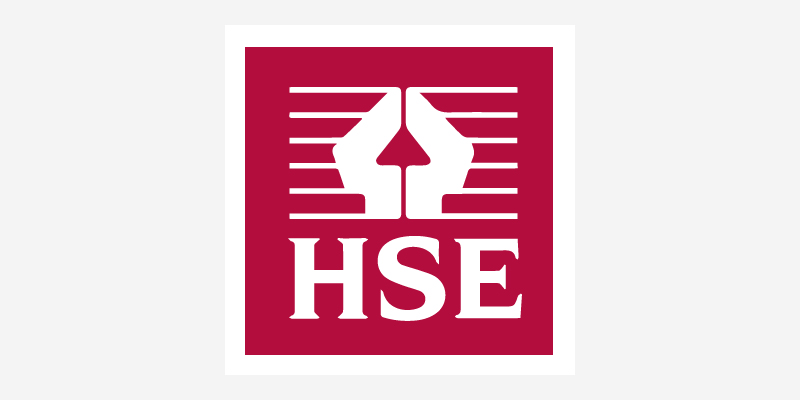
In the UK, the Health and Safety Executive ensures that businesses follow the health and safety rules. In particular, the Offshore Installations (Safety Case) Regulations and the Offshore Installations (Prevention of Fire and Explosion and Emergency Response) Regulations have rules and standards for the oil and gas industry.
Oil and Gas UK (OGUK)
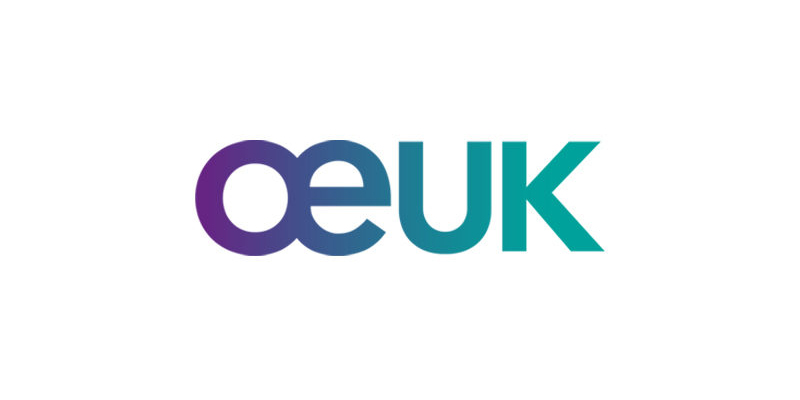
It is the leading trade group in the UK for the offshore oil and gas industry. They set out standards for managing quality, safety, and the environment. The OGUK’s maintenance suggestions for the oil and gas industry cover various topics, such as asset integrity management, inspection, maintenance, and corrosion control.
Energy Institute (EI)
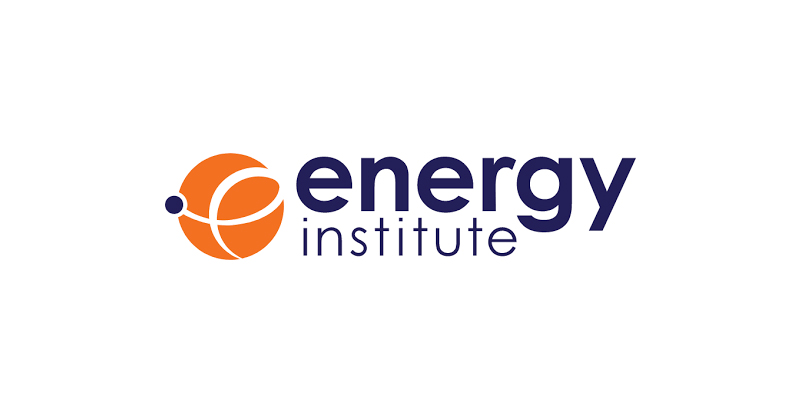
The Energy Institute (EI) makes rules and guides for the energy industry, which includes the oil and gas business. The EI makes standards like how to keep offshore structures and pipelines in good shape, rules for managing assets to protect their integrity, and guarantees of knowledge.
British Standards Institution (BSI)
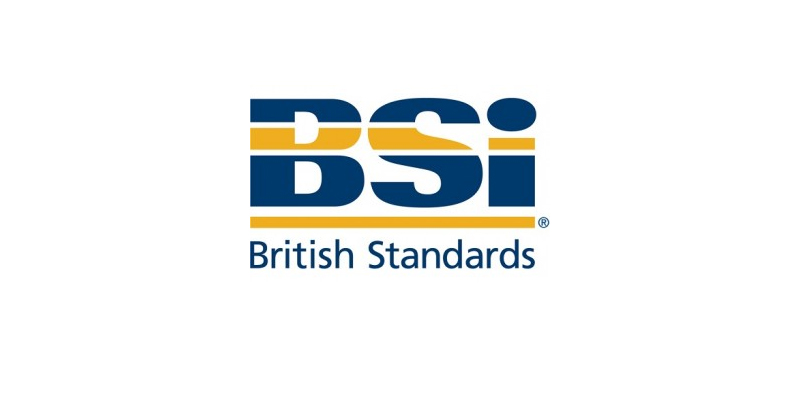
The BSI makes and releases British Standards (BS) that can help with oil and gas maintenance. These standards might have rules about welding, how to control quality, and how to handle risks.
Institution of Mechanical Engineers (IMechE)
IMechE gives information and help about mechanical engineerings, such as codes and standards for keeping oil and gas facilities in good shape. They have books about pressure systems, asset maintenance, and integrity management, among other things.
Control of Major Accident Hazards (COMAH) Rules
The COMAH rules apply to places like oil and gas installations with a high risk of disasters that could cause much damage. The requirements of these laws have to do with risk assessment, being ready for emergencies, and safety management systems.
UK oil and gas repair companies must learn about these laws, rules, and regulations and ensure they follow them. Getting involved with industry groups, consultants, and regulatory agencies can help the UK oil and gas business maintain high compliance standards.
Risks You Can Realise In The Oil And Gas Industry
When making an oil and gas checklist, you must consider several risks to ensure safe and effective processes. Here are some things that could go wrong:
Concerns about health and safety: Oil and gas operations can put people at risk of exposure to toxic materials, fire, explosions, and physical harm. If these dangers on the checklist aren’t found and dealt with properly, accidents, injuries, or even deaths could happen.
Failure of the equipment: Oil and gas facilities use complex machinery and tools that require constant checking and stable fixation. Failures, breakdowns, and other problems can happen if the equipment checks in the checklist need to be more thorough. This could lead to costly fixes, production stops, and environmental damage.
Environmental Impact: Spills, leaks, emissions, and other things that can happen during oil and gas activities can hurt the environment. Suppose the checklist needs more checks and controls. In that case, there’s a higher chance of polluting the environment, which could have legal consequences, hurt your image, and hurt the environment.
Compliance with rules: The oil and gas business has to follow many rules to keep people safe, protect the environment, and keep to the rules. This could mean fines, legal trouble, and damage to the company’s image if it doesn’t meet regulatory requirements. Some items on the checklist need to be included or corrected.
Data Integrity and Security: The information on maintenance checklists, safety practises checklists, and inspection checklists is sensitive and valuable. If the checklist process doesn’t have enough security measures, this data could be open to intrusions, breaches, or tampering, putting its integrity and privacy at risk.
Errors Made by People: Inspections require people to talk to each other and figure out what they see, which makes mistakes more likely. Incomplete or wrong checklist inputs, data interpretation, or failure to identify possible risks could lead to inefficient operations, safety issues, or environmental damage.
Communication Breakdown: Especially during inspections, oil and gas companies need to be able to talk to each other well.
If there is good communication or the directions in the checklist need to be more precise, it could lead to misunderstandings, hold up actions, or get teams out of sync, which could hurt operational effectiveness and safety. To lower these risks, it is essential to make thorough checklists that cover all important parts of oil and gas activities.
Risk reduction and ensuring an oil and gas business is safe and effective rely on regular training, following industry standards and laws, and ensuring checklist procedures are continuously improving.
Benefits Of Using Inspection Apps In Your Oil And Gas Management Workplace
After knowing the laws, rules, and risks in the oil and gas business, we now discuss the pros of digitalisation to lower risks at work.
Inspection methods that are easier to use: UrAudits digitalises the whole inspection process, from making plans to collecting inspection data. Inspectors can use plans that have already been made based on specific rules and industry standards. UrAudits walks inspectors through the checklist, ensuring that all essential items are checked and reducing the chance of missing something or making a mistake. This speeds up the inspection process and ensures that each check is identical.
Better safety and compliance: UrAudits gives you instant access to safety policies, legal requirements, and best practises in the business. Inspectors can use these tools to find possible dangers and ensure the rules are followed. Inspectors can quickly report problems with non-compliance with UrAudits, leading to corrective actions. Because of this, companies will follow strict rules and regulations, encouraging people to be cautious about safety.
Improved Data Accuracy and Integrity: Inspectors can use a mobile device to record data online in the app. UrAudits ensures that all the essential parts are filled out and removes hard-to-read handwriting. The inspection data can be more accurate and reliable if testers add pictures or videos as proof. Because of this, you improve data integrity, and audits and reports on compliance have a strong foundation.
Real-time Problem Solving: When inspectors find problems or things that don’t follow the rules, they can mark them in the app. UrAudits allows inspectors, managers, and maintenance teams to talk and work together in real time. So, you can take quick steps to solve significant problems, reduce risks, and stop accidents or events.
Centralised Data Management and Reporting: UrAudits puts all inspection data in one place on a digital platform that you can use for management and reporting. It gives you a place to store reports, checklists, and info from the past. Companies can quickly get review data and look at it to find trends, patterns, and places to improve. UrAudits’ automatic report generation saves time and work compared to making reports by hand.
Efficient Resource Allocation: UrAudits makes it easy to divide resources because it clearly shows inspection plans and available resources. Businesses can assign inspections based on how busy they are, how skilled the inspectors are, and how close the inspection spot is. UrAudits keeps track of how inspections are going, which lets you plan your resources well and see how inspections are going. This ensures that checks are done well, efficiently uses resources, and reduces bottlenecks.
Remote and Offline Capabilities: UrAudits enables you to work in rural or offshore places with spotty Internet connections. Inspectors can use UrAudits even in places where they can’t connect to the internet. When the mobile device has access to the internet, you can share inspection data locally. This makes it easy to do checks no matter where you are, ensuring that operations will go as usual.
Audit Trail and Compliance Documentation: UrAudits builds a thorough audit trail by logging every inspection action, including the date, time, and user information. This audit trail makes records of compliance, responsibility, and openness better. It shows how you perform checks, make fixes, and follow the rules. You can use UrAudits for internal audits, government checks, and legal compliance needs, which makes it easier to make compliance reports.
Conclusion
The oil and gas audit (Android) app is a new idea that changes how you can perform auditing in the industry. By using digital tools and automation, it helps people make intelligent decisions, gets rid of waste, and improves the accuracy of data.
UrAudits inspection (iOS) could change the oil and gas business by making operations more efficient, reducing risks, and meeting the highest safety and compliance standards. Keep an eye on this place for more news about how inspection technology is changing and how that changes business.
Copyright © 2024 Uraudits.com. All Rights Reserved. Privacy Policy | Legal | Terms of Use
Privacy Overview
| Cookie | Duration | Description |
|---|---|---|
| cookielawinfo-checbox-analytics | 11 months | This cookie is set by GDPR Cookie Consent plugin. The cookie is used to store the user consent for the cookies in the category "Analytics". |
| cookielawinfo-checbox-functional | 11 months | The cookie is set by GDPR cookie consent to record the user consent for the cookies in the category "Functional". |
| cookielawinfo-checbox-others | 11 months | This cookie is set by GDPR Cookie Consent plugin. The cookie is used to store the user consent for the cookies in the category "Other. |
| cookielawinfo-checkbox-necessary | 11 months | This cookie is set by GDPR Cookie Consent plugin. The cookies is used to store the user consent for the cookies in the category "Necessary". |
| cookielawinfo-checkbox-performance | 11 months | This cookie is set by GDPR Cookie Consent plugin. The cookie is used to store the user consent for the cookies in the category "Performance". |
| viewed_cookie_policy | 11 months | The cookie is set by the GDPR Cookie Consent plugin and is used to store whether or not user has consented to the use of cookies. It does not store any personal data. |







